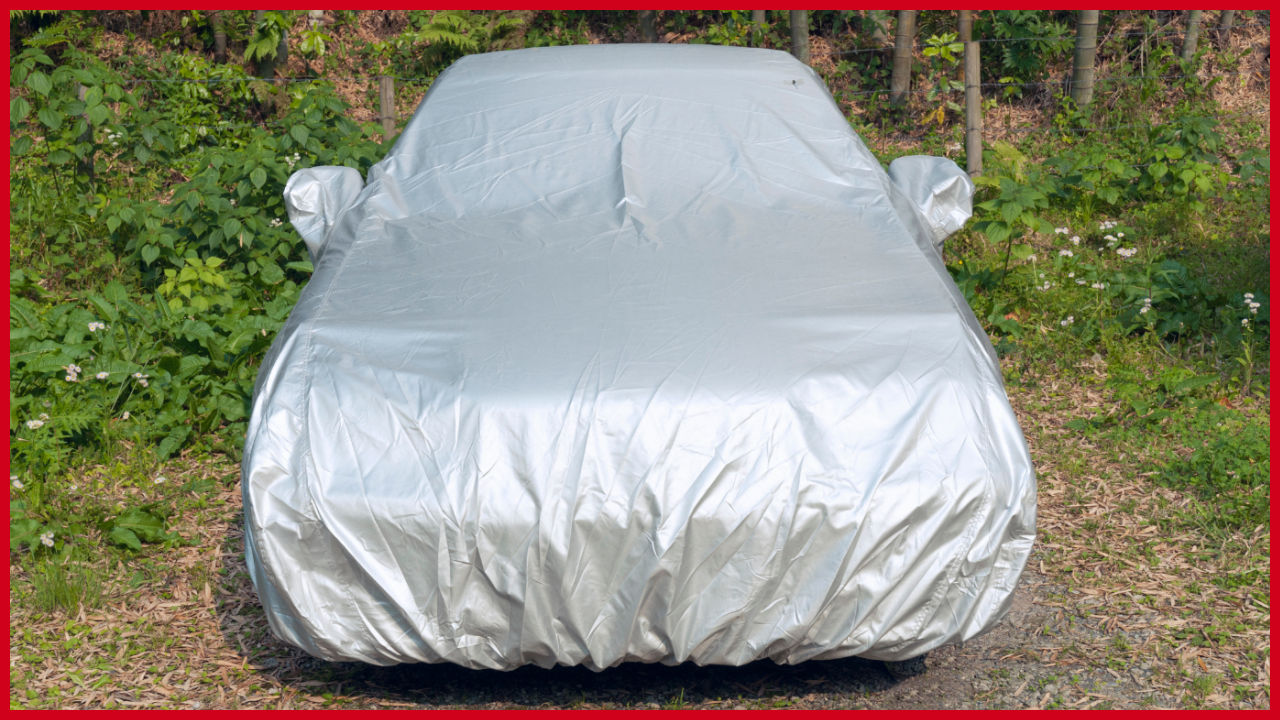Blog
Best Car Cover Materials for Sun Protection

Protecting your car from the sun’s harmful rays is crucial for maintaining its appearance and value. Prolonged exposure to sunlight can cause fading, cracking, and other damage to your vehicle’s exterior and interior. In this blog post, we’ll explore the best car cover materials for sun protection, helping you make an informed decision to keep your car looking its best.
Why Sun Protection Matters for Your Car
Before diving into materials, let’s understand why sun protection is essential:
- Paint Damage: UV rays can cause your car’s paint to fade, oxidize, and become brittle.
- Interior Deterioration: Sunlight can fade and crack dashboard materials, seats, and other interior components.
- Increased Internal Temperature: Sun exposure can dramatically increase your car’s internal temperature, potentially damaging electronic components.
- Reduced Resale Value: A car with sun damage is likely to fetch a lower resale price.
Key Factors in Choosing a Sun-Protective Car Cover
When selecting a car cover for sun protection, consider these factors:
- UV Resistance: The material should block harmful UV rays effectively.
- Breathability: The cover should allow air circulation to prevent moisture buildup.
- Durability: It should withstand repeated use and exposure to the elements.
- Water Resistance: While focusing on sun protection, some water resistance is beneficial.
Softness: The material should be soft enough not to scratch the car’s paint.
Best Materials for Sun Protection Car Covers
Polyester Blends
Pros
- Excellent UV resistance
- Lightweight and easy to handle
- Often treated for water resistance
- Affordable option
Cons
- May not be as durable as some other materials
- Can be less breathable than natural fabrics
Best For: Daily use in moderate climates
Solution-Dyed Acrylic
Pros
- Superior UV resistance (often used in boat covers)
- Highly breathable
- Resistant to mold and mildew
- Maintains color well
Cons:
- More expensive than polyester
- May not be as water-resistant without additional treatment
Best For Long-term outdoor storage in sunny climates
Polypropylene
Pros
- Good UV resistance
- Water-resistant
- Lightweight and easy to handle
- Often more affordable than other options
Cons:
- May not be as durable as higher-end materials
- Can break down faster in extreme heat
Best For: Occasional use or budget-conscious buyers
Polyethylene (HDPE)
Pros:
- Excellent UV protection
- Very durable
- Water and mildew resistant
- Often used in semi-custom covers
Cons:
- Can be more expensive
- Might be heavier than some other materials
Best For: Long-term protection in varied climates
Natural Fibers (Cotton Blends)
Pros:
- Highly breathable
- Soft and gentle on paint
- Good for indoor use
Cons:
- Less effective UV protection compared to synthetic materials
- Not ideal for outdoor use without additional treatments
- Can absorb moisture
Best For: Indoor storage or short-term outdoor use in dry climates
Additional Features to Look For
- Multi-Layer Construction: Some high-end covers use multiple layers for enhanced protection.
- Reflective Properties: Covers with reflective elements can provide additional UV protection.
- Custom Fit: A cover tailored to your car’s make and model will provide the best protection.
- Tie-Down Mechanisms: Important for securing the cover in windy conditions.
- Antenna Patches: Reinforced areas to accommodate antennas without compromising protection.
Proper Use and Maintenance of Sun-Protective Car Covers
- Clean Your Car First: Always cover a clean, dry car to prevent scratches.
- Regular Cleaning: Wash your car cover according to manufacturer instructions to maintain its protective properties.
- Proper Storage: Store the cover in a cool, dry place when not in use.
- Check for Wear: Regularly inspect your cover for signs of wear and replace it when necessary.
- Consider Seasonal Covers: You might want different covers for summer and winter use.
Conclusion
Choosing the right car cover material for sun protection is crucial for maintaining your vehicle’s appearance and value. While synthetic materials like solution-dyed acrylic and polyethylene offer superior UV protection for long-term outdoor use, polyester blends provide a good balance of safety and affordability for regular use.
Remember, the best car cover is one that you’ll use consistently. Consider your climate, storage situation, and how frequently you’ll be using the cover when making your decision. With the right car cover, you can significantly reduce sun damage and keep your car looking great for years to come.
